Best movies like The Vow
A unique, carefully handpicked, selection of the best movies like The Vow Starring Mikhail Gelovani, Sofiya Giatsintova, Nikolai Bogolyubov, Nikolai Plotnikov, and more. If you liked The Vow then you may also like: Never Let Me Go, October (Ten Days that Shook the World), The Death of Stalin, Earth, The Extraordinary Adventures of Mr. West in the Land of the Bolsheviks and many more popular movies featured on this list. You can further filter the list even more or get a random selection from the list of similar movies, to make your selection even easier.
The story of Stalin and the Soviet people.
The Vow
You may filter the list of movies on this page for a more refined, personalized selection of movies.
Still not sure what to watch click the recommend buttun below to get a movie recommendation selected from all the movies on this list
October (Ten Days that Shook the World)
Sergei M. Eisenstein's docu-drama about the 1917 October Revolution in Russia. Made ten years after the events and edited in Eisenstein's 'Soviet Montage' style, it re-enacts in celebratory terms several key scenes from the revolution.
The Death of Stalin
When dictator Joseph Stalin dies, his parasitic cronies square off in a frantic power struggle to become the next Soviet leader. As they bumble, brawl and back-stab their way to the top, the question remains — just who is running the government?
The Extraordinary Adventures of Mr. West in the Land of the Bolsheviks
Mr. West and his faithful bodyguard Jeddie visit the land of the 'evil' Bolsheviks. Through various mishaps, Mr. West discovers that the Soviets are actually quite remarkable people.
Fragment of an Empire
Director Frederick Ermler’s last silent feature and the last of four collaborations with actor Fiodor Nikitin. Nikitin plays an officer who spends a decade after the Great War as a shell-shocked amnesiac, until a glimpse of a woman through a train window sparks the return of his memory. He makes his way back to St. Petersburg, now Leningrad, a man out of time who struggles to make sense of the new society brought about by the revolution.
The General Line
Also known as The Old and the New (Staroye i Novoye), The General Line illustrates Lenin’s stated imperative that the nation move from agrarian to industrial culture in an epic ode to farm-collectivization progress.
Three Songs About Lenin
This documentary, made up of 3 episodes, is based on three songs sung by anonymous people in Soviet Russia about Vladimir Ilyich Lenin.
Victory of the Chinese People
Film about the victory of the Chinese people under the leadership of Mao Tse Tung in the war with the puppet regime of Chiang Kai-shek and the establishment in 1949, the People's Republic of China.
Mr. Jones
In 1933, Welsh journalist Gareth Jones travels to Ukraine, where he experiences the horrors of a famine. Everywhere he goes he meets henchmen of the Soviet secret service who are determined to prevent news about the catastrophe from getting out. Stalin’s forced collectivisation of agriculture has resulted in misery and ruin—the policy is tantamount to mass murder.
My Perestroika
Tells the story of five people from the last generation of Soviet children who were brought up behind the Iron Curtain. Just coming of age when the USSR collapsed, they witnessed the world of their childhood crumble and change beyond recognition. Through the lives of these former schoolmates, this intimate film reveals how they have adjusted to their post-Soviet reality in today's Moscow.
The Girl in the Kremlin
In Moscow 1953, four terrified women prisoners are brought before Joseph Stalin, who chooses the beautiful Dasha. He punishes her by shaving off her long hair. Moments later, a plastic surgeon leads Stalin into the operating room and transforms his face so that he is unrecognizable. He vanishes, but OSS agent Steve Anderson searches for him in Europe.
Destination Nicaragua
Documentary about a group of Americans who go to Nicaragua to learn about the conflict between the Contras and the Sandinistas.
The Cold Summer of 1953
In 1953, the year Stalin died, many prisoners (some political, but mostly common criminals) were released from the Soviet Gulags. This is the story of a remote settlement which was under attack by a bunch of these recently-released blood-thirsty thugs in the summer of 1953, and the townspeople, along with a two political prisoners, who try to stop them.
Five Minutes
The news of the death of Vladimir Ilyich Lenin shocked the whole world. The working people of England and France, Spain and China, Africa and America in the great sorrows bowed their heads. January 27, 1924 at four o'clock in the afternoon, when in Moscow, on Red Square, the Soviet people buried Lenin, in everything work stopped for five minutes. Plants and factories stopped, stopped the movement of trains, ships and cars. This day is large American concessionaire should have made a good deal with a representative of one of the countries of the East. On the way, the Chinese driver stopped his car for five minutes. These minutes decided the success of the millionth deal. But no persuasion, bribery and threats to the concessionaire could force the driver to continue driving.
Chapayev
This film is based on the book about Vasili Ivanovich Chapaev (1887 - 1919) who was in real life the Commander of the 25th Division of the Red Army. Chapaev is an uneducated peasant and a decorated hero in the World War I and later in the Russian Civil War, that followed the Russian revolution. This man of action is fighting on the side of the poor people. His troops consist of peasants, just like him. Unable to write, he can brilliantly demonstrate various battle tactics by moving potatoes on the table. He is street smart. He never lost a battle against the experienced Generals of the Tzar's Army.
Lenin in October
Commissioned by Josef Stalin to commemorate the 20th anniversary of the Soviet Revolution, Lenin in October was the first of Russian director Mikhail Romm's tributes to the Marxist visionary who helped orchestrate the insurrection of October, 1917.
Hostile Whirlwinds
About the first years of the formation of Soviet power, about the life and work of Feliks Dzerzhinsky in 1918-1925. The film covers the most important episodes of his biography. In July 1918, as a result of a revolt of the Left Socialist Revolutionaries, the German ambassador Mirbach was killed. Feliks Dzerzhinsky alone goes to the headquarters of the Left Socialist Revolutionaries and Anarchists, he manages to persuade ordinary soldiers and sailors, participants in the rebellion, who are now cracking down on their leaders. In 1921, Dzerzhinsky was aimed at combating homelessness, as a result of which, by 1925, former homeless children, having completed their studies, were sent to the construction of Yugostal, the largest industrial plant in Ukraine.
Tractor Drivers
The story takes place in a Soviet placed in what is now Ukraine. A mechanic arrives in the Soviet, lead by a young independent woman driving tractors and, between many comedy sketches and propaganda mottoes, a love comes to light.
The Fall of Berlin
Surrounded by a few party officials, Alexei Ivanov, a stakhanovist smelter, is decorated by Stalin. The "Little Father of the Peoples" takes this opportunity to invoke threats of war.... One day, war indeed breaks out. Bombs fall on the field where Alexei finds himself in the company of the schoolmistress Natacha, his fiancée. Alexei joins the Red Army and soon becomes a sergeant. Fighting rages and German troops advance. Natacha is arrested and deported. But the tide turns decisively with the German defeat at Stalingrad. Now the major offensive against Hitler can begin.
Pavel Korchagin
A Soviet era ideological drama based on Nikolai Ostrovsky's famous novel "How Steel Was Tempered".
We Are from Kronstadt
In 1919, during the post-revolution Russian Civil War, a naval detachment (made up of communist Reds) defends the strategic city of Petrograd from the White Russian counterrevolutionary forces
The Battle of Stalingrad
A 1949 two-part Soviet epic war film about the Battle of Stalingrad, directed by Vladimir Petrov. The script was written by Nikolai Virta.
The Man with the Gun
The story of the Bolshevik revolution through the eyes of a peasant who, as a soldier, gets caught up in the proceedings under the tutelage of Lenin.
Lenin in Poland
The life of the great Bolshevik leader before the Russian revolution is chronicled in this bio-pic. Much of the tale centers on his exile in Poland where Lenin becomes friends with two peasants. The little girl has a strong belief in the nationalist cause. Later Lenin hears she was killed for withholding information about him.
In the Name of God
Religiously themed early Soviet propaganda film in Azerbaijan against Islam. Unlike earlier propaganda films in the region, this was actually made by an (nearly) all Azeri cast and crew and directed by an Azeri filmmaker that would go on to be famous amongst his own people, despite his early collusion with the new ruling government. At the center of the film is a greed Molla (holy man in Azeri Islam) who has been cheating one of the local peasants for years out of all types of goods and services, and then delighting over his success in an very un-religious, specifically un-Islamic, way. Once the Revolution takes place and the Bolsheviks arrive, the peasant is empowered and realizes the deception on the part of the Molla and takes him to the newly set up "People's Court," where is finds justice and the Molla is punished.
The Unforgettable Year 1919
Soviet propaganda film in two episodes about Stalin's strong and cruel suppression of the 1919 anti-communist uprising in St. Petersburg, Russia. Stalin and Lenin are shown as heroes who destroyed the efforts of anti-communists led by White Russians with support from "bad" British capitalists headed by Sir Winston Churchill and Lloyd George.
The Great Dawn
In 1917, the people of the Russian Empire are no longer willing to fight Germany, but the bourgeois government of Alexander Kerensky is unwilling to defy its imperialist allies and stop the war. Only Vladimir Lenin's Bolshevik Party is resolute in calling for peace. In the front, the soldiers of one battalion elect three delegates to travel to St. Petersburg with donations the troops collected for the Pravda newspaper: Gudushauri, Panasiuk and Ershov. The three arrive in the capital and describe the horrendous conditions in which the soldiers live to Joseph Stalin, Lenin's trusted aid and colleague. They join the Bolsheviks and take part in the storming of the Winter Palace, led by Stalin and Lenin. Stalin announces that the great dawn of revolution has broken.
Defense of Tsaritsyn
Propaganda film enhancing the role of I.V. Stalin in the defense of the city of Tsaritsyn (subsequently Stalingrad, at present Volgograd) by the red army during the Russian civil war.
Red Square
Dramatizes, in an official Soviet government release, the rise of the Red Army and the revolution that they eventually won.
The Third Blow
On April 1944, Joseph Stalin orders the Red Army to liberate the Crimea from the German occupiers. The Wehrmacht's local commanders beg Hitler to allow them to retreat from the vulnerable position, but he refuses. After a fierce battle, the Soviet forces destroy the German and Romanian units defending the peninsula and retake Sevastopol.
Kino Eye
This documentary promoting the joys of life in a Soviet village centers on the activities of the Young Pioneers. These children are constantly busy, pasting propaganda posters on walls, distributing hand bills, exhorting all to "buy from the cooperative" as opposed to the Public Sector, promoting temperance, and helping poor widows. Experimental portions of the film, projected in reverse, feature the un-slaughtering of a bull and the un-baking of bread.


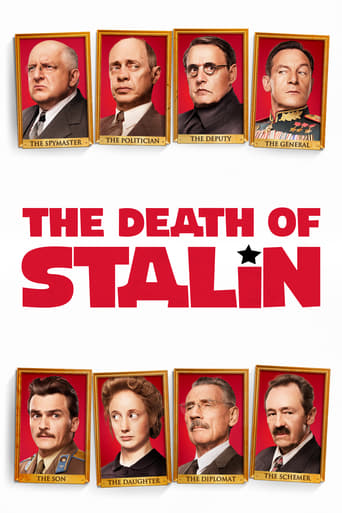







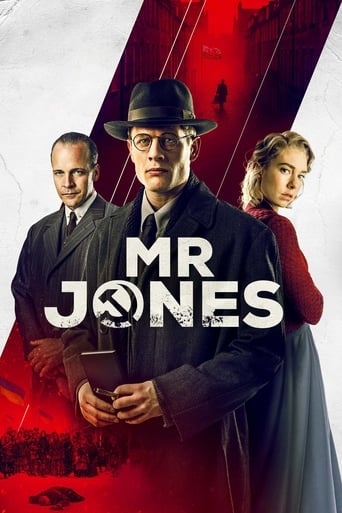

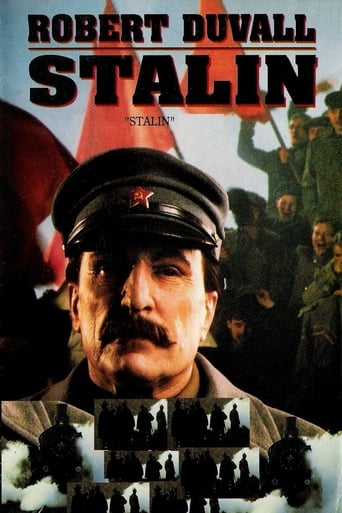





















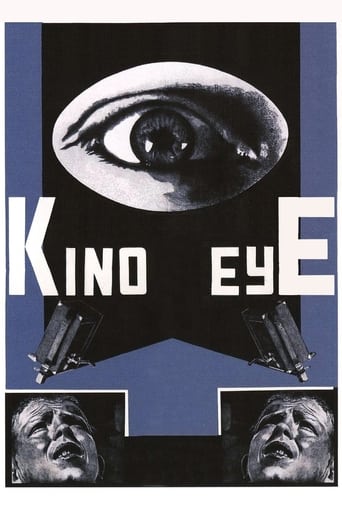
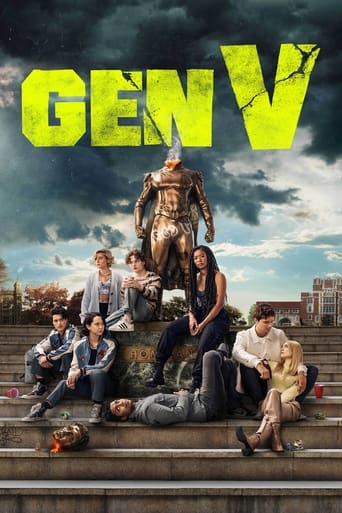
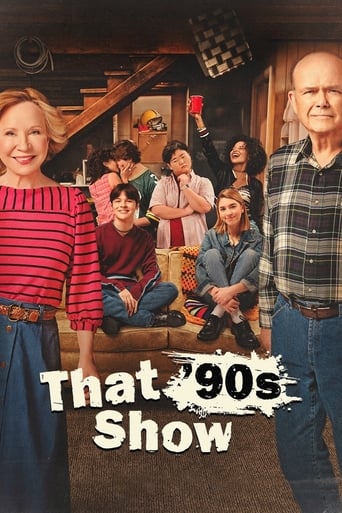
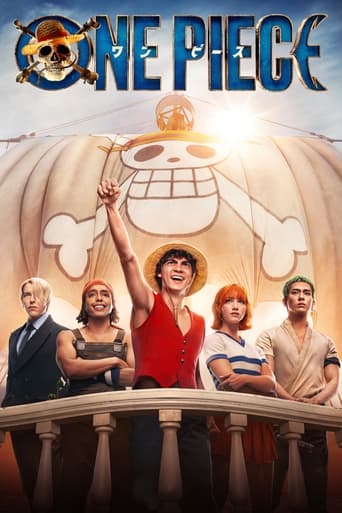
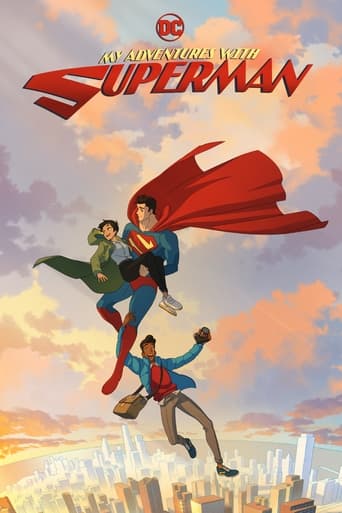
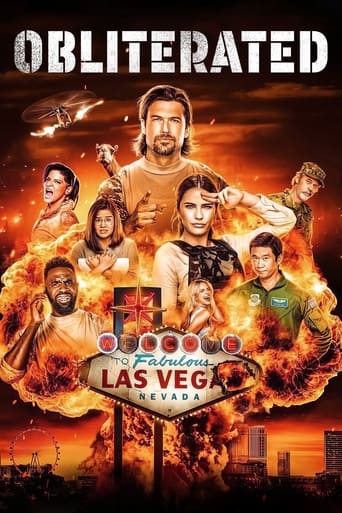
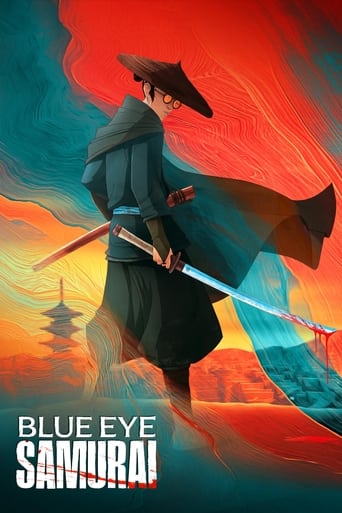
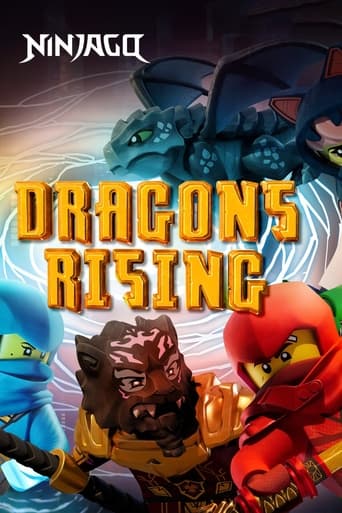
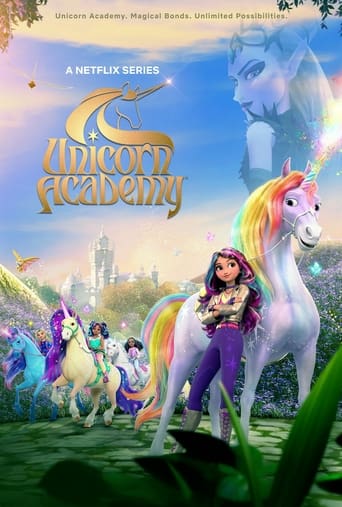
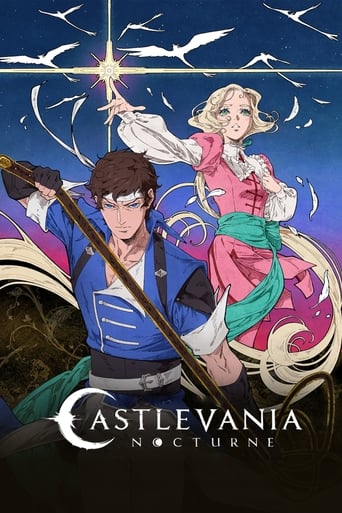


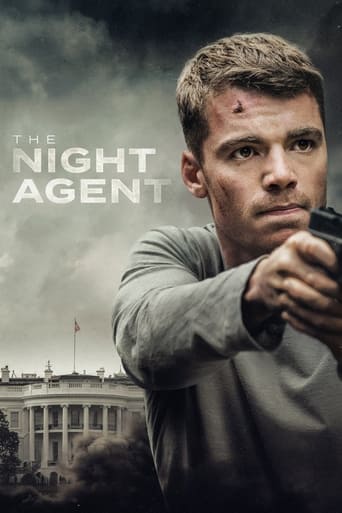
Never Let Me Go
An American reporter falls in love with a Russian ballet dancer.